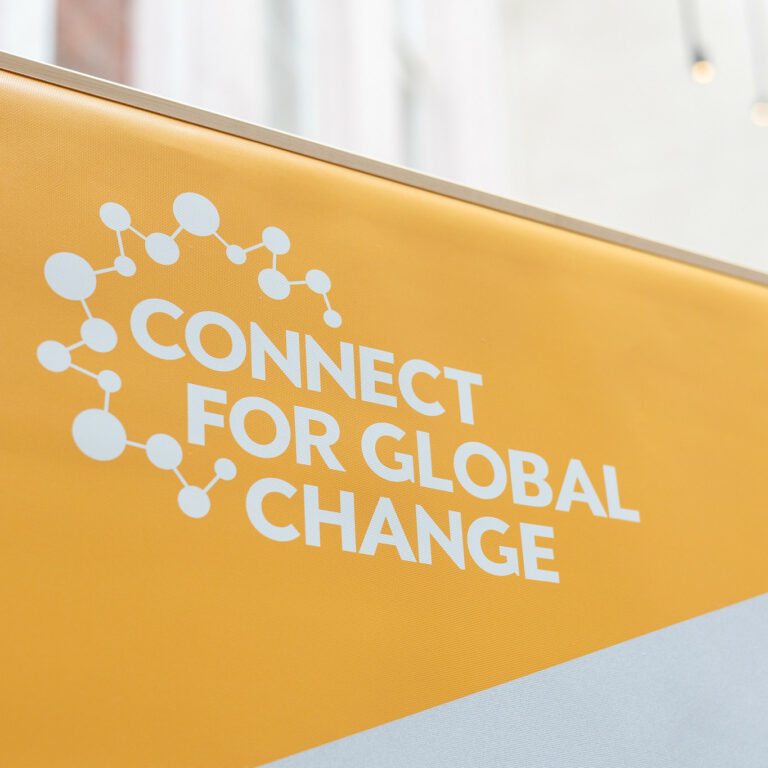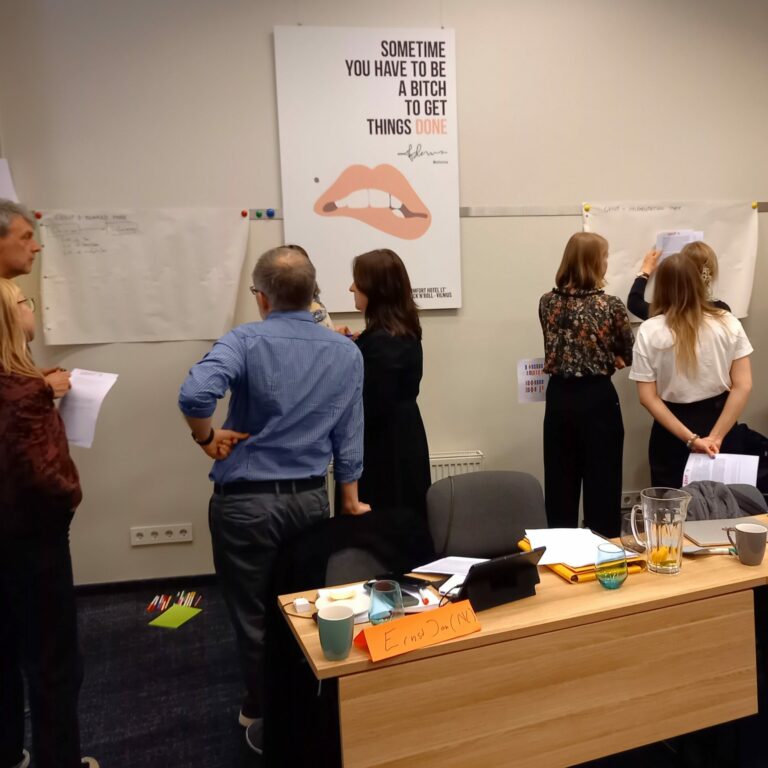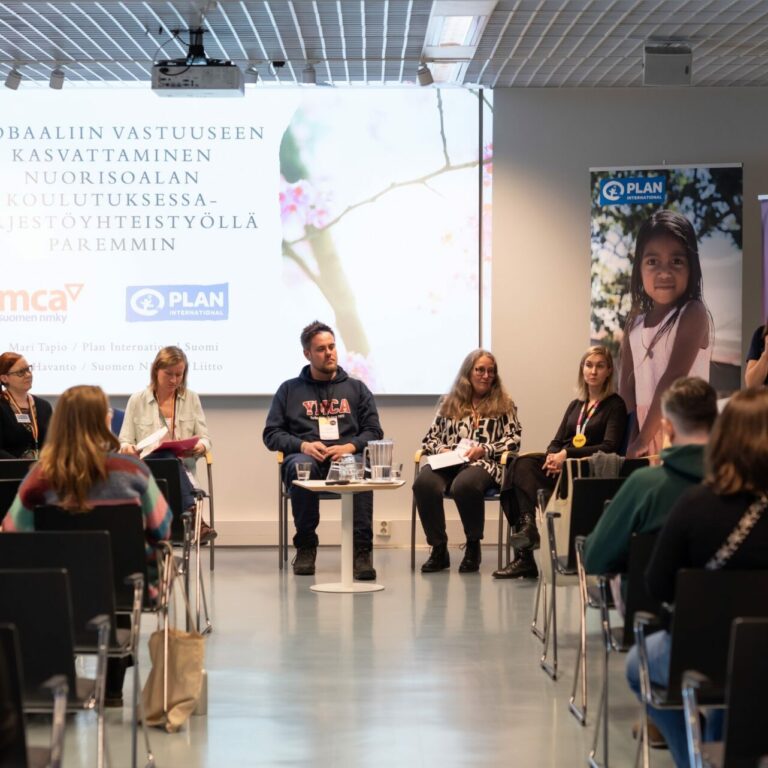The DEEEP project recently organized an interesting webinar ’what education for the world: global education for Post2015’. The webinar highlighted the importance of global education in the Post2015 agenda that will take over the Millennium Development Goals.
Teksti: Paula Njeri-Konttinen
For quality education to be achieved globally there is a need for a shift from education for work to education for social change. Education has to be about human rights and include values that support people to realize sustainable ways of living and equality for all. Education must also be understood more broadly as learning which takes place both in the formal and informal sector.For us to achieve transformative change through education, we must rethink the current structure of our education system. Education globally has often meant schooling based on a model of a group of children, with a teacher and a textbook in an isolated place. While this has had its advantages, it has also had disadvantages both in the western world where it has been created and in other parts of the world where it has been adopted. Education today is about producing consumers. It is not about producing responsible people who are aware of and care about the impact that they may be having on other people or the environment.In the Post2015 framework, there is discussion about what competencies should be accorded precedence in the education agenda. In these discussions, there is a great emphasis on increasing linkages between education and the job market. This has been influenced by current high rates in youth unemployment. While skills and competencies for work are important, it is crucial to rethink the kind of competencies that should be given priority in education for transformation. For example, the current population in Europe is the most educated ever, yet it is also faced with the highest rates of youth unemployment. Could the fact that young people are not given the education they need to stand up for their rights for work be part of the problem?The agenda for education therefore should include skills and competencies that also promote human dignity, equality for all and social change. The definition for quality education should not be limited to content. Pedagogical skills that allow for democracy in the classroom should also be given priority. Incorporating a critical perspective into the education system is also of great importance. This allows learners to cultivate critical dispositions about their world. It allows them go beyond acquisition of professional skills to what kind of ways of knowing and skills are relevant for their own context.The current emphasis of professional skills and certificates in formal schooling does not necessarily amount to values. Values are important guiding principles on how people relate with others and with the environment. The formal education system is in sharp contrast with traditional education systems in many civilizations that instilled values in children at an early age. For example in many African cultures, children would learn simple things such as proverbs which would allow them to understand humanity and how to relate to other human beings and nature. The challenge for the Post2015 framework is on how to put in place a learning process that inculcates values that will help people to relate with others and with nature in a sustainable manner.It is important recognize that the education agenda for promoting social change is best carried out by the informal education sector. There is a need to find out how formal education processes could be linked with informal education processes while making sure that the informal structures that assist positive social change are not distracted.One important framework that could help with education for transformation is the global citizenship education that is being rolled out by UNESCO. In global citizenship education, it is imperative that learners not only gain cognitive skills, but also values, attitudes and communication skills as a critical complement. The aim of global citizenship education is to empower learners to engage in and assume active roles both globally and locally, to raise and address global challenges and ultimately to become proactive contributors to a more just, peaceful, tolerant, inclusive and sustainable world.You can watch the DEEP webinar in Youtube.


